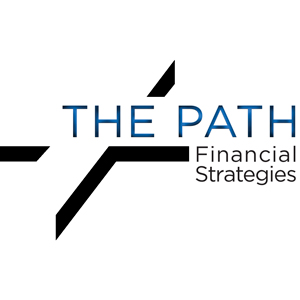Now in my mid-forties, I’m noticing creases on my face. What earlier were slight hints of a life filled with laughter are now full-blown lines. I’m aging, and I really don’t want to talk about it! But all of us are aging and there are lots of topics we may not want to talk about – including our parents’ finances – but these discussions are important.
Financial conversations between generations can be more pleasant when conducted at the right phase of life – that is, when it’s comfortable for the parents. But everyone involved must be willing to share in the dialogue. Parents in their sixties may be ready to openly discuss long-term financial plans, but at the same time, their children or caretakers, often in their thirties and forties, may want nothing to do with such sobering and potentially emotional topics.
I strongly recommend having discussions about end-of-life finances when parents are willing and able, no matter how difficult it is for others. Don’t postpone the dialogue because aging and illness can change their perspectives and even provoke confrontation. The worst time to discuss a senior’s finances is after a frightening diagnosis is received, mental capacity is limited, or a spouse’s death occurs without warning.
Both of my parents have checkbooks and wisely pay some bills separately and some bills together. However, many widows and widowers – including those in the boomer generation – have no idea how to write a check, use online bill-paying services, where their accounts are held, or who needs to be paid each month. Ideally, couples should discuss their creditors, health insurance, Medicare supplements, and end-of-life plans during mid-life. One way for members of a couple to start the conversation is by using a third-party catalyst. You might say, I was reading an article that talked about tough but necessary conversations and I thought about us, or I met with a financial adviser and I want to share my plans with you.
By using a third-party catalyst. You might say, I was reading an article that talked about tough but necessary conversations and I thought about us, or I met with a financial adviser and I want to share my plans with you.
Between generations, the questions to ask might be: What do you want to happen when or if one of you is no longer able to make decisions or dies? Who is your attorney, CPA, or financial adviser? What and where are your important documents? This is a great way to find out if they have a will without saying it. Which bank do you use for checking, savings, and investments? Make sure you dig here, since most tend to have money in more than one place. Are you both on the same health coverage? What concerns you most if something happened to one of you? What have you done financially that you feel really good about? Will all sources of income continue if one of you dies?
This is important to know since one Social Security check will stop.
With each phase of life comes a different set of challenges (and hopefully blessings!). The key is having financial conversations among close family members or caretakers and having them at the right stage of life. Don’t let the soberness of the moment stop you. Too many families never have these conversations, and the consequences can be heartbreaking.




